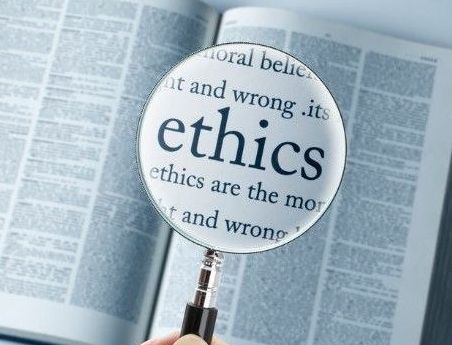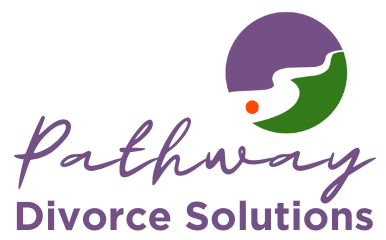Navigating the Moral Complexities of Divorce: Beyond the Oxymoron

You might find yourself confronting a crisis in your marriage, leading to the inevitable path of divorce, you take time to reflect. The decision is made, but now you wonder: is it possible to navigate this journey ethically? How can I ensure that the resolution is fair and considerate for both of us involved? It's intriguing to note that a mere 5% of divorce cases actually reach litigation, a process deeply entrenched in attributing guilt and fault. This situation prompts a deeper contemplation about the role of ethics in divorce. How does ethical consideration manifest in such a tumultuous phase of life?
When reflecting on ethics, various intriguing images might surface in your mind. You might envision the notorious snake oil salesmen from the 1920s, or perhaps Mr. Potter from "It’s a Wonderful Life," embodying questionable moral principles. Alternatively, you might think of the stereotypical portrayal of a lawyer who seems indifferent to his clients' needs, focusing solely on the fees that will line his own pockets.
With the business of divorce, the essence of ethics is often captured in moments where you offer a shoulder for a crying client, reassuring them that their financial future remains secure despite the divorce. It surfaces when advising couples to sell their beloved home, despite their deep emotional ties and desire to stay put. As a financial advisor delving into every intricate aspect of their finances, you might be the only one who recognizes that holding onto the house could lead to financial ruin. Delivering such tough news is challenging, but it's a kinder alternative to the harsher realities of foreclosure or bankruptcy that some might face in clinging to a marital home. Ultimately, the primary concern should be the long-term stability and well-being of both parties in the divorce, regardless of who the client is, and this is particularly crucial when children are involved.
Perhaps the real difference lies in the objective: to assist the couple in becoming the best divorced family they can be. They remain a family, even in separation. The aim is to guide them through the divorce process in a way that leaves neither party feeling criminalized. This perspective stems from observing how divorce is handled in the U.S., where I've witnessed numerous couples enter litigation only to emerge feeling punished, angry, financially ruined, and far from victorious. This observation, coupled with my personal experience of divorce, has led me to believe that our approach to divorce needs reevaluation.
Believing that divorce is merely a legal squabble to be settled in a courtroom is a profound misunderstanding. We often overlook the fact that divorce isn't just a business disagreement; at its core, it's a family matter. I deliberately avoid using the word 'dispute' here. From what I've seen, differing views on asset division only escalate into disputes when inflamed by the aggressive guidance of contentious lawyers or well-meaning but misguided family and friends. It's important to acknowledge that there are indeed many ethical attorneys dedicated to their clients' wellbeing. However, the inherent language of law tends to be confrontational and combative. Consequently, even when intentions are noble, it can unintentionally come across as if someone is initiating a conflict. This perspective calls for a more compassionate and understanding approach to handling the delicate dynamics of divorce.
The stark truth is that our legal system isn't designed to handle family matters; it's structured around crime. This misalignment becomes painfully evident in divorce cases, where nearly every couple I've encountered who underwent the litigation process has come out feeling criminalized. And why wouldn't they? The system is fundamentally geared towards dealing with criminality, not family dynamics. However, there's a shift happening, a movement towards a more ethical approach, thanks to the growing adoption of Collaborative processes and mediation alternatives. The inherent beauty of our humanity lies in our capacity for change. We have the power to recognize when something isn't working and to transform it for the better. We can guide families who choose to transition from one household to two, helping them to navigate this path with love, understanding, and a supportive system that respects their decision and nurtures their new dynamic.
This information is not intended to be a substitute for seeking legal advice from an attorney. For legal or tax advice please seek the services of a qualified attorney and/or qualified tax professional.
